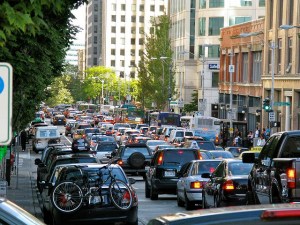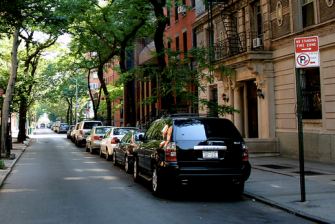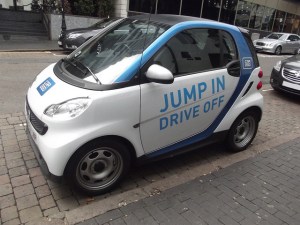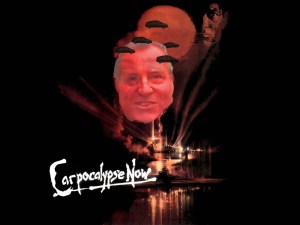OPINION: Cars Are Killing Us (Says a Former City DOT Official!)
We let their production dominate our economies without a thought of how private car ownership would affect our living spaces.
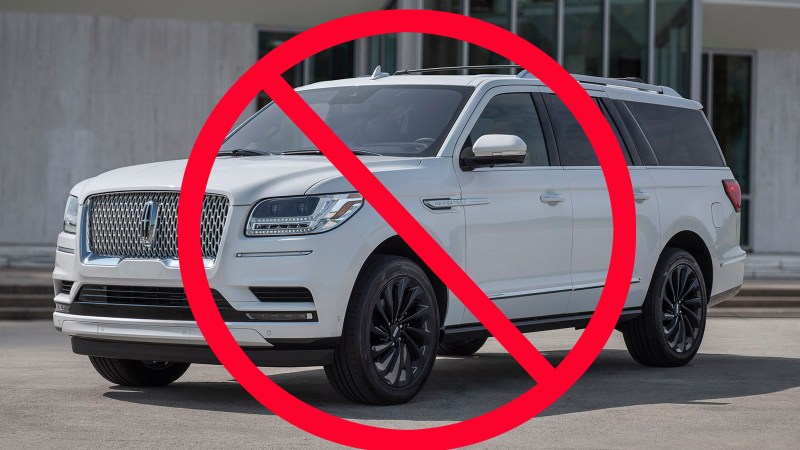
Automobiles are strangling the world’s cities. Some city leaders are taking steps to limit cars from entering central areas, but no nation has advocated reducing car production. Quite the opposite: China is producing about 25 million cars a year and the United States about 10 million, adding to the approximately 1.5 billion cars already on streets and highways. There seems to be little awareness that the problem on the streets begins at the end of the assembly line.
It’s time to think differently about how we deploy cars — and to produce many fewer of them.

Cars are brilliant inventions — our magic carpets. The magic, however, diminishes as their numbers rise, and their vast numbers have made them a major threat to the environment. The world’s automotive fleet has become immense because the vast majority of production consists of private cars. The market determines how many will be sold. No planning or public policy connects car production to conditions in the cities where the cars struggle for space.
Individual cars may be stunningly designed, but there is nothing beautiful — and much to fault — about heavy traffic, a parking lot, or endless curbside lines of parked cars. Cars bring incessant noise and constant threat of death or maiming, especially to children, whom we must inculcate with fear of stepping off the sidewalk. (Car crashes kill about 38,000 and injure 3 million in the United States each year; worldwide they kill about 1.35 million and injure more than 25 million!) Moreover, vehicles contribute almost a third of the carbon-dioxide emissions that pollute our air and warm our planet, making vast swaths unlivable.
Electric cars may cut carbon-dioxide emissions somewhat, although they invite other resource problems, such as the mining of rare-earth metals that they require for their batteries. The real issue, however, is not technology but property. If we viewed cars as part of cities’ public transportation systems, private cars could be replaced by public cars. Taxis and phone-based services are forms of public cars. There could also be vehicles available curbside, activated from a phone and paid for by time and distance, like an hourly rental car. Unlike private cars, such vehicles would spend far less time parked and useless. Car2Go and other services tried this, but had to compete with private cars hogging the streets. Public cars presume strict limits — congestion pricing or a complete ban — on entry of private cars into places such as Manhattan, and limits also on the number of for-hire vehicles.
Reducing private car production would not have to idle factories. During World War II, automotive assembly lines switched quickly to tanks and jeeps. Now they could retool in order to make trains, subway cars, streetcars and bicycles.
Automobiles could be socially useful but today they are to blame for a large share of our troubles. They are emblematic of the primary ecology problem: that is, our insistence on seeing things as private and in isolation from one another. As the shiny and powerful cars roll off the assembly line we do not connect them with the air and landscape they will abuse. We don’t connect actions with consequences, a flaw that we criticize in individuals but ignore in the system that surrounds us. We should mandate environmental-impact statements at the automobile-production plants, not for the inauguration of congestion pricing.
Some saw early on that the car was not a magic carpet but a weapon pointed at the heart of the city. In “Life of the Automobile” (1929) Ilya Ehrenberg wrote, “The automobile was the new divinity. Everyone had to kneel and worship it. Ergo: The cost had to be lowered … [M. Citroen] produced his new model: 5HP. Within everybody’s reach! … the streets of Paris became dangerous.”
Nowadays, that could be said of the streets of all the world’s cities. The problem begins at the assembly line. We need to produce far fewer cars; many should be public vehicles rather than private chattel.
Safe-streets activist David Gurin was a deputy commissioner of the city Department of Transportation during the Koch administration.
